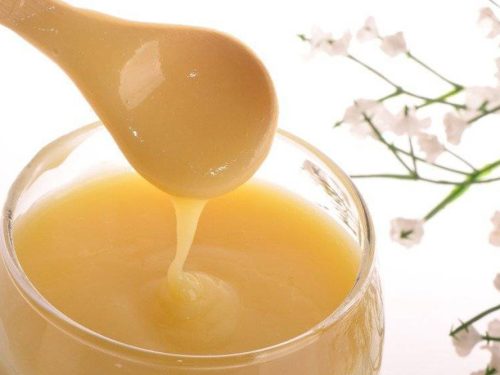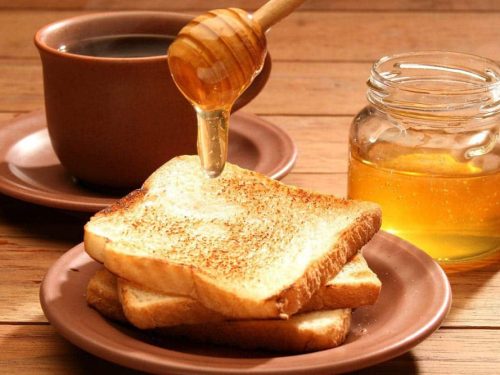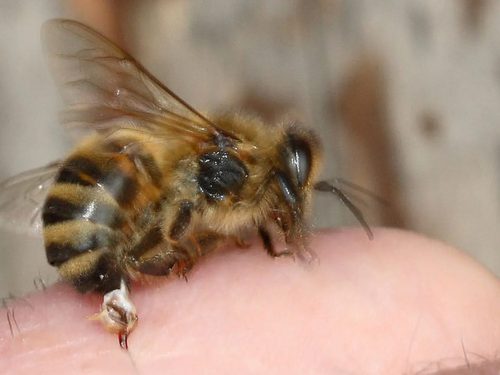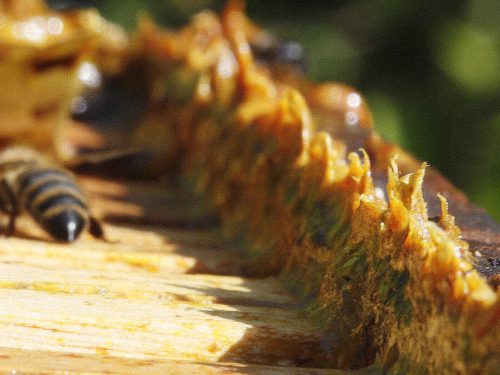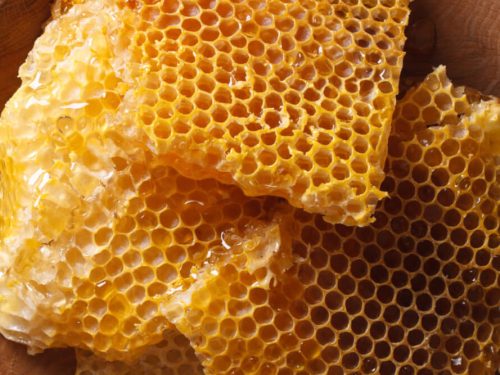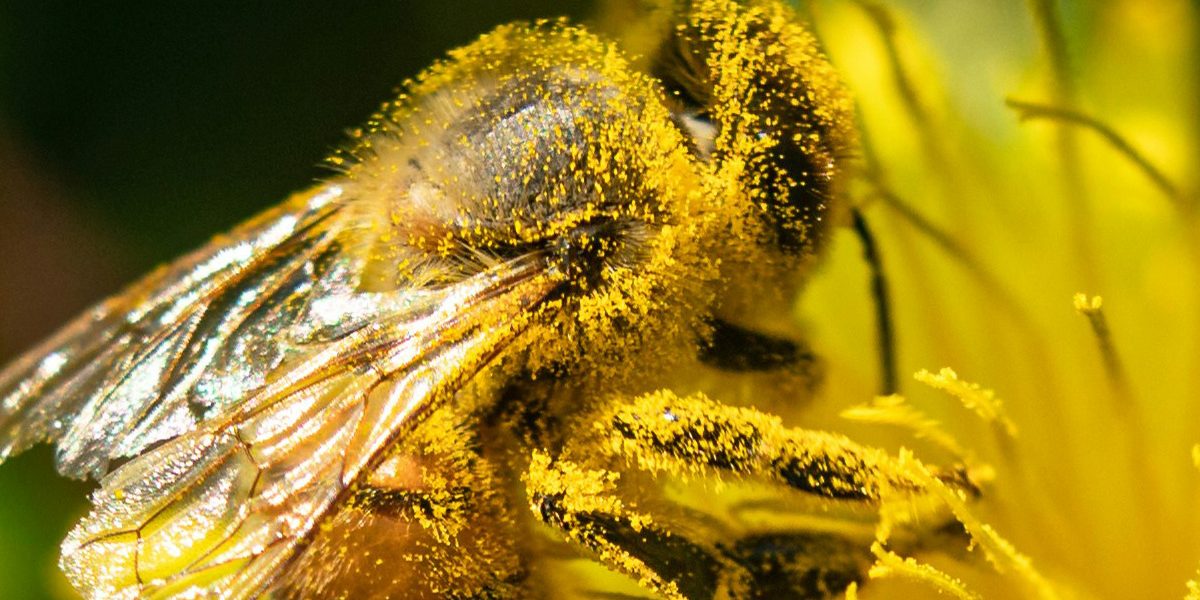
Pollen is a very important product given to us by bees. It is all around us, that is, all flowering plants base their existence on pollen.
Science defines pollen as a fine powder consisting of male gametophytes of naked and hidden seeds. As a rule, each pollen grain that has a different shape in each type of plant contains, as a rule, two types of cells, vegetative and reproductive. Together with the female gametophyte, it has provided the extension of many species of plants for millions of years.
Many insects, especially bees, have long recognized the nutritional value of pollen and in addition to nectar, they collect it and store it in the honeycomb. By visiting the flowers of the bee, they spread part of the pollen with their bodies on other plants and in that way perform one of the most important duties in nature, without which the entire planet would not function and we would not have all these wonderful fruits and vegetables.
Chemical pollen consists of proteins, fats, carbohydrates, vitamins and other substances. As we said, pollen grains differ in shape, size and color, so a large number of pollen grains range from 0.015 – 0.050 mm, and with only a small number of plants (eg pumpkin) it reaches a fantastic 0.15 – 0, 20mm. After visiting the pollen, the bees, mostly with the help of enzymes, group on their hind legs and after arriving at the hive, they put it away. According to the color of the pollen, we can conclude which plants it comes from, so sunflower and oak give yellow pollen, dark red chestnut and apricot, brown gives white clover, light green gives linden, etc. The mixture of honey and pollen is called perga and is necessary for the development of larvae and young bees, and during the winter, honey and pollen are the basic food of all bees. Beekeepers collect pollen with the help of special catchers that remove pollen from the bees’ feet when entering the hive, so that when the bee comes to dispose of its load, which it painstakingly collected, it will be surprised that it has disappeared. Despite everything, the bees continue to collect even after that, without being the least bit discouraged.
Like honey, humans have been using pollen from bees since the earliest days of civilization. Pollen is mostly used because of its nutritional and medicinal properties and as such is ideal for the prevention of many diseases in the human body, but also for improving immunity and strengthening the body.
If it weren’t for the bees and their pollination, the world wouldn’t be as we know it today, and we wouldn’t be growing up healthy and in harmony with nature, so let’s protect nature and the bee.
Note: Some people are allergic to pollen and should avoid it and be careful when using all bee products.

